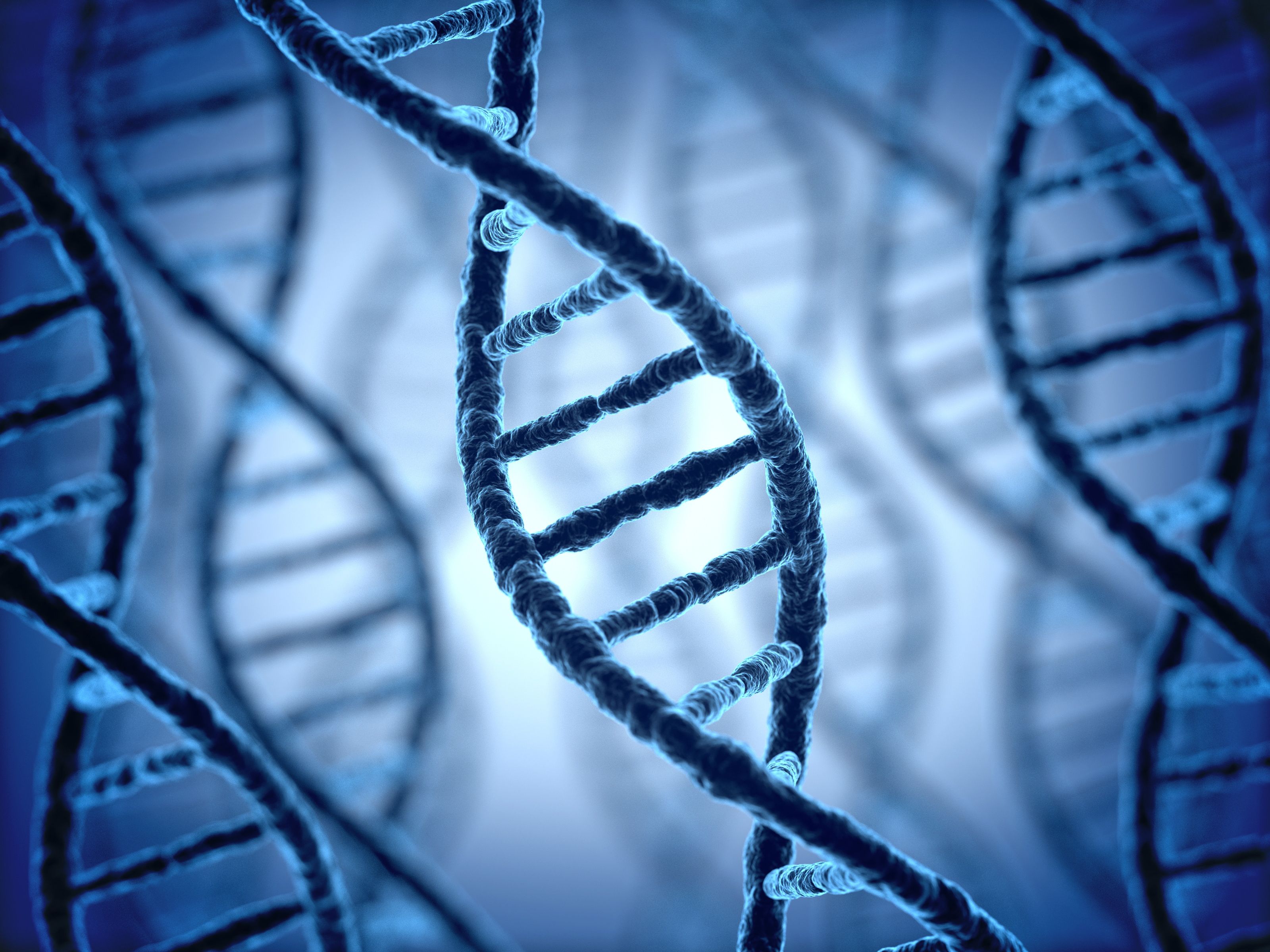Novel IL-15 Superagonist Complex Induces Response in bacillus Calmette-Guérin NMIBC With CIS
In patients with bacillus Calmette-Guérin unresponsive non-muscle invasive bladder cancerwith high-risk carcinoma in situ disease, the combination of intravesical BCG and N-803 demonstrated efficacy with a tolerable safety profile, according to findings from the pivotal phase 2/3 QUILT 3.032 study.

In patients with bacillus Calmette-Guérin (BCG) unresponsive non-muscle invasive bladder cancer (NMIBC) with high-risk carcinoma in situ (CIS) disease, the combination of intravesical BCG and N-803 (Anktiva) demonstrated efficacy with a tolerable safety profile, according to findings from the pivotal phase 2/3 QUILT 3.032 study announced in a press release from ImmunityBio, Inc.
The cohort included 71 evaluable patients intravesical BCG plus N-803 achieved a complete response (CR) rate of 72% and of the patients who responded, investigators estimated a 59% probability that patients would maintain their CR for at least 12 months. The median duration of CR observed was 19.2 months as of the data cut-off.
Treatment-emergent serious adverse events were reported in only 1% of patients but no events were treatment-related.
"The high rates of progression and recurrence for NMIBC make it one of the most expensive cancers to treat. This preliminary data is heartening and provides additional evidence of the potential for ImmunityBio’s Anktiva in treating a serious and potentially fatal cancer, for which the alternative is a highly invasive radical cystectomy," said Patrick Soon-Shiong, MD, chairman and chief executive office of ImmunityBio, in a statement. "We expect to file a Biologics License Application following a meeting with the FDA in 2021."
Taken together, these efficacy and safety results support the use of the novel combination of intravesical BCG plus N-803 for the treatment of patients with BCG unresponsive NMIBC cancer and CIS disease, which traditionally is difficult to treat.
QUILT 3.032 is an ongoing open-label, 3-cohort multicenter trial (NCT03022825) which investigated the incidence of CR of CIS at any time as its coprimary end point along with disease-free survival. As secondary end points, the study is investigating CR at the 6-, 9-, 12-, 18-, and 24-month time points.
Patients are eligible to be included in the study if they aged 18 years or older with histologic confirmation of NMIBC or histologically confirmed BCG-unresponsive high-grade Ta or T1 disease. Patients are also eligible if they have histologically confirmed BCG-unresponsive CIS. All patients are required to be absent of resectable disease after transurethral resection and have an ECOG performance status of 0 to 2.
Exclusion from the trial was enforced for patients with recurrence of BCG unresponsive Ta/T1 disease more than 6 months after their last BCG instillation or BCG CIS more than 12 months after their last BCG instillation. The study also excluded those who had a life expectancy of fewer than 2 years, inadequate laboratory values, liver function abnormalities, and history or presence of comorbidities that may interfere with treatment in the study.
N-803 is a novel interleukin (IL)-15 superagonist complex which has been shown to promote better antitumor activity in lymphoid tissues compared with the native non-complexed IL-15.
Prior to the phase 2/3 data, the agent, in combination with intravesical BCG, was granted FDA Fast Track Designation based on phase 1 results. After interim phase 2 data were reported, showing that the study met its primary end point, the FDA then granted Breakthrough Therapy designation to the combination.
References:
ImmunityBio announces primary endpoint met of phase 2/3 trial for BCG unresponsive non-muscle invasive bladder cancer cis with 72% complete response rate. News release. December 21, 2020. Accessed December 22, 2020. https://yhoo.it/38tDx7J